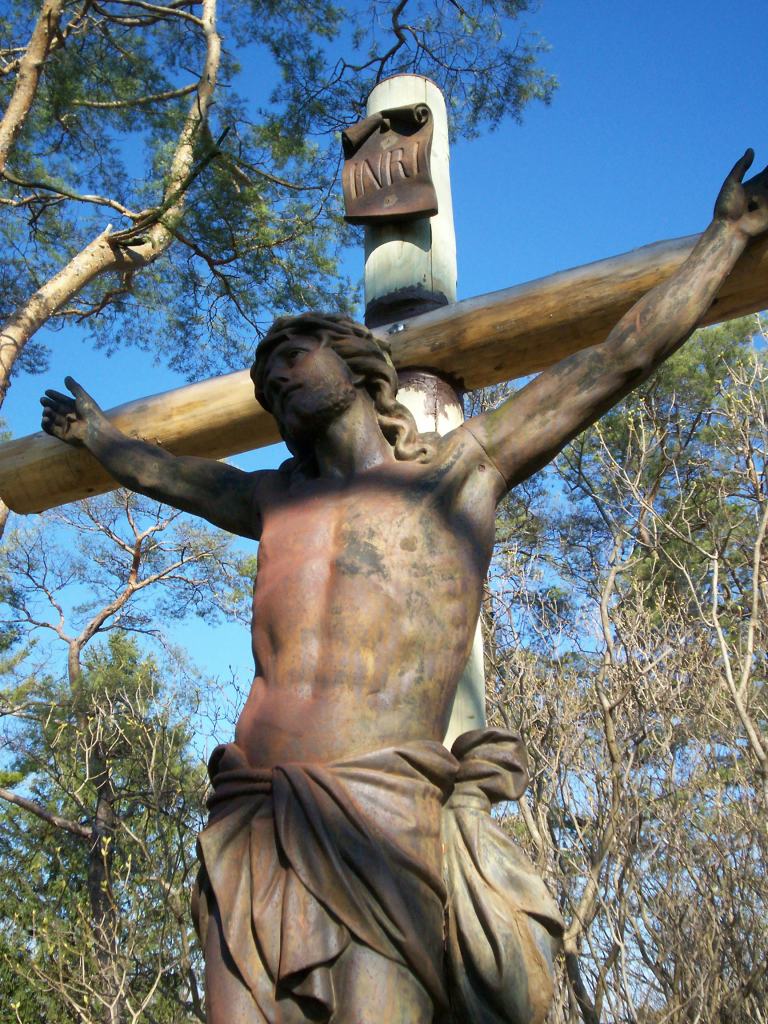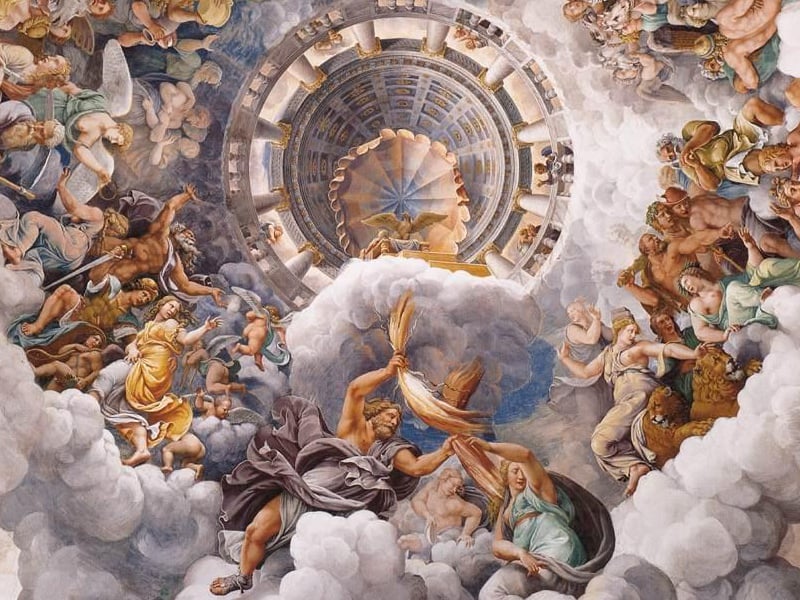I’ve mentioned in the past, one of my absolute favourite Saints in the Church’s canon is St. Augustine. He lived in the fourth century, and after his truly miraculous and deep conversion to Christianity he wrote extensively on many topics of our faith, helping us to come to a better understanding of various theological points. His gift for writing produced some of the most beautiful expressions of our faith, which we still use to this day.
One of his quotes, which is among my favourites, is this:
“If you believe what you like in the Gospel, and reject what you don’t like, it is not the Gospel you believe, but yourself.”
The reason I gravitate towards this quote, is because, so often we hear people pick and choose what teachings and sayings of Jesus to support a rather benign, warm and fuzzy image of; a Jesus that demands nothing and challenges no one.
As we celebrate the Ascension of our Lord, we need to concentrate – I think – on our Gospel passage from St. Matthew in this current culture, even moreso than St. Luke’s accounts in the Acts of the Apostles regarding the actual taking up into heaven of Jesus.
I think perhaps it is so important to focus on the words of Jesus in His commissioning of His disciples, just before he ascends to the Father, because it seems that as Catholics, we have allowed our secular culture to completely colour everything that is at the core of our faith. We live in world that says, ‘just be a good person’ (whatever that means) and that’s enough. We think of Jesus in terms of being compassionate and loving (He is all of that, yes and more) , without considering that some of His teachings were tough and demanding. Both the ‘soft’ and the ‘hard’ messages made up all of his commands. His words to His disciples at the end of the Gospel of Matthew are quite explicit in this regard.
He said, “All power in heaven and on earth has been given to me. Go, therefore, and make disciples of all nations, baptizing them in the name of the Father, and of the Son, and of the Holy Spirit, teaching them to observe all that I have commanded you.”
What did He command His disciples (which includes us, by the way)?
Some immediately come to mind: love God with your whole being and love your neighbour as yourself; seek and you will find, knock and the door will be opened to you, ask and you shall receive.
Those are pretty pleasant-sounding directions that can give us a very tame image of Jesus, and image that doesn’t challenge or demand anything concrete in our lives.
Sometimes we forget about the harder sayings: when He teaches following Him is to be supreme in the life of a true disciple (let the dead bury the dead; you must hate your parents, spouse and children; no one who puts a hand to the plow and turns back is fit for the kingdom of God); you must be perfect; or this gem from Chapter 18 – Dealing With Sin in the Church
“If your brother or sister sins, go and point out their fault, just between the two of you. If they listen to you, you have won them over. But if they will not listen, take one or two others along, so that ‘every matter may be established by the testimony of two or three witnesses.’ If they still refuse to listen, tell it to the church; and if they refuse to listen even to the church, treat them as you would a pagan or a tax collector.”
Hard sayings indeed, but they are all part and parcel of the commandments of Jesus and following them is what it means to be His disciple, a reflection of the Master. Picking and choosing the ones we prefer and ignoring the rest, (if I may paraphrase Augustine) is not believing the Gospel, but is simply a reflection our own selves and our own will.
Even in the bluntness of Jesus’ directions or commands, however, there is an underlying message of comfort and compassion that is as important not to ignore or dismiss.
“Behold I am with you always, even to the end of the age.”
In our weakness and our struggles to follow everything that He taught, Jesus will not abandon us. He will always be there with us as we struggle to understand His teachings; all He asks is that we listen to His words, follow what He taught, and trust in His promises.

Praised be Jesus Christ, now and forever!









